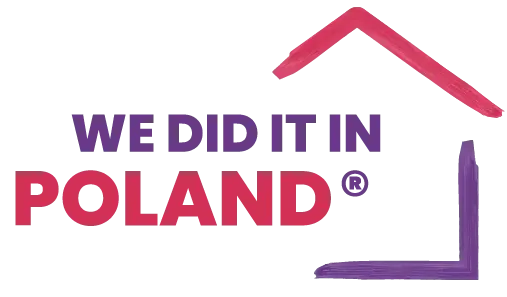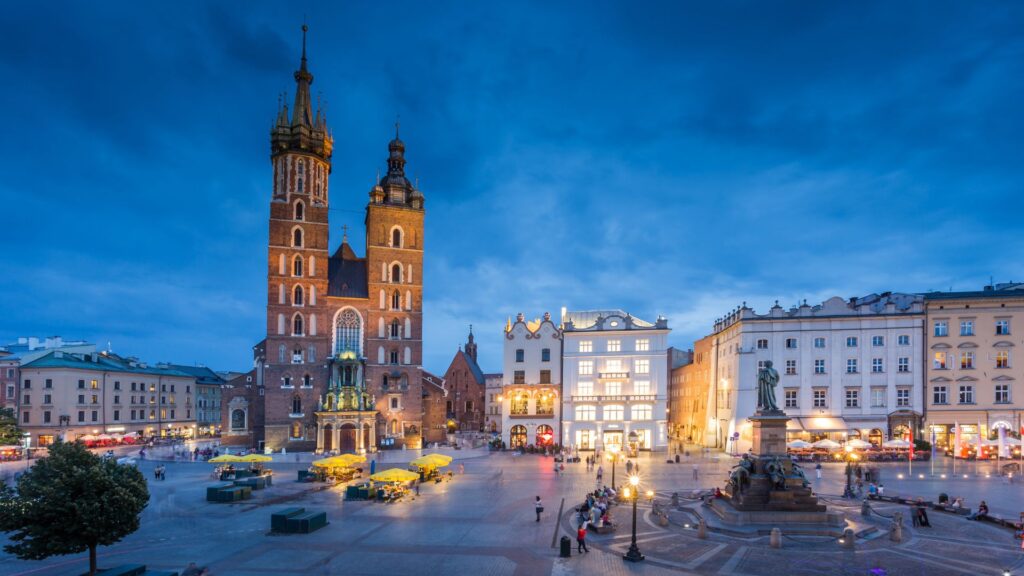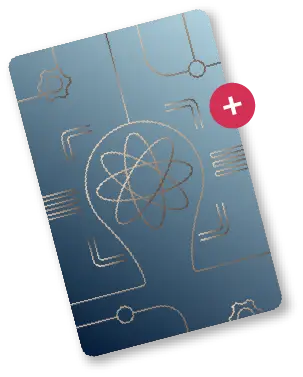ILR-33 BURSZTYN 2K – Polish rocket that touched space
This is not a metaphor. In 2024, ILR-33 BURSZTYN 2K reached 101 kilometers – that is, it officially entered space. Developed by Lukasiewicz – Aerospace Institute, this two-stage rocket is a pioneering achievement in the world.
Why? Because it’s the first rocket with an eco-friendly propulsion system based on highly concentrated hydrogen peroxide (98%). Zero toxins, zero compromise for the environment. Poland is becoming a world leader in green space technologies. And amber 2K? It can be used for research in microgravity, technology testing and scientific experiments.
Kalman – a rover from Poland that wins among the best
You don’t have to fly to Mars to test the rover of the future. All you need… is to build Kalman, an autonomous, modular exploration robot that has twice won first place in the prestigious Rover Challenge.
Kalman analyzes the environment, makes autonomous decisions, and operates without GPS or the Internet. It has a lightweight frame, camera grippers and algorithms that recognize terrain better than most human pilots. It’s not just a machine – it’s an autonomous explorer. Poland’s showcase for future space missions.
ICEYE – real-time global weather from Polish SAR satellites
Imagine a satellite that sees everything. Regardless of the weather, time of day or clouds. That’s how ICEYE – owner of the world’s largest constellation of Synthetic Aperture Radar (SAR) satellites – works. Yes, the largest. Yes, the Polish one.
ICEYE provides near real-time data. It helps predict disasters, protect infrastructure, monitor climate phenomena and support emergency services. It’s a satellite sixth sense that works 24/7, and it makes decisions made from Earth more accurate. It is ICEYE that has helped track floods, glaciers and changes in the Baltic Sea.
READ ALSO: TOP 5 Polish eco-innovations that can have a real impact on the planet
Aurora – a terminal that gives voice to the silence of space
At a time when every second of connectivity can save lives, we need more than Wi-Fi. We need Aurora, a next-generation satellite terminal that connects simultaneously to LEO, MEO and GEO satellites.
It’s like having an antenna that speaks the language of all orbital systems. In extreme conditions – during wars, natural disasters and humanitarian missions – Aurora guarantees connectivity where all else fails.
With its electronically steerable flat antenna from Thorium Space, Aurora is the new definition of reliability, mobility and data security. It’s already being used in operational activities – from military sites to rescue missions. And its future? Global.
OREC – AI that recognizes any object from orbit
Satellite images today are petabytes of data. So much so, they need to be understood. And that’s where OREC – a Polish technology from SATIM that, with the help of artificial intelligence, recognizes and classifies objects in SAR radar images with 90% efficiency – comes in.
Aircraft, ships, vehicles – day, night, all-weather. OREC processes data from a variety of sources, learns from synthetic data, operates in real time and supports analysts, decision makers, the military and the commercial sector. It’s a command center in a single algorithm.
From Poland to the stars – wisely and responsibly
We don’t need rockets the size of skyscrapers to do big things in space. We need technologies that are smart, flexible, green and built with people in mind. Amber 2K, Kalman, ICEYE, Aurora, OREC – these are not just projects. They are the trademarks of the Polish presence in space. A presence that is becoming more and more pronounced. And increasingly needed by the world.
Because it’s not just about getting to orbit. It’s about making a difference there, too.







